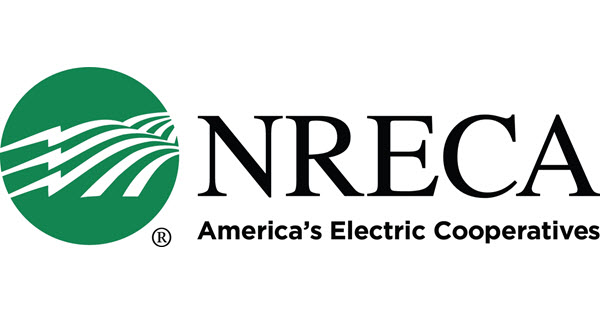Just found out that charging times makes a difference! Not Prices..but when folks take more electricity .... it helps us all!
WE pay for a certain charge but after an hour chatting with our electric association they would like us to charge at differing hours.
Makes sense?
WE usually just plug in the car but after talking with our COOP for charging, they would like us to charge when electric is lower.
Haven't figured it out yet but any help would be awesome!
EDIT: after chatting with our company, we are confused on how to set up a TIME for charging. Any help would be appreciated!
WE pay for a certain charge but after an hour chatting with our electric association they would like us to charge at differing hours.
Makes sense?
WE usually just plug in the car but after talking with our COOP for charging, they would like us to charge when electric is lower.
Haven't figured it out yet but any help would be awesome!
EDIT: after chatting with our company, we are confused on how to set up a TIME for charging. Any help would be appreciated!
Last edited:




